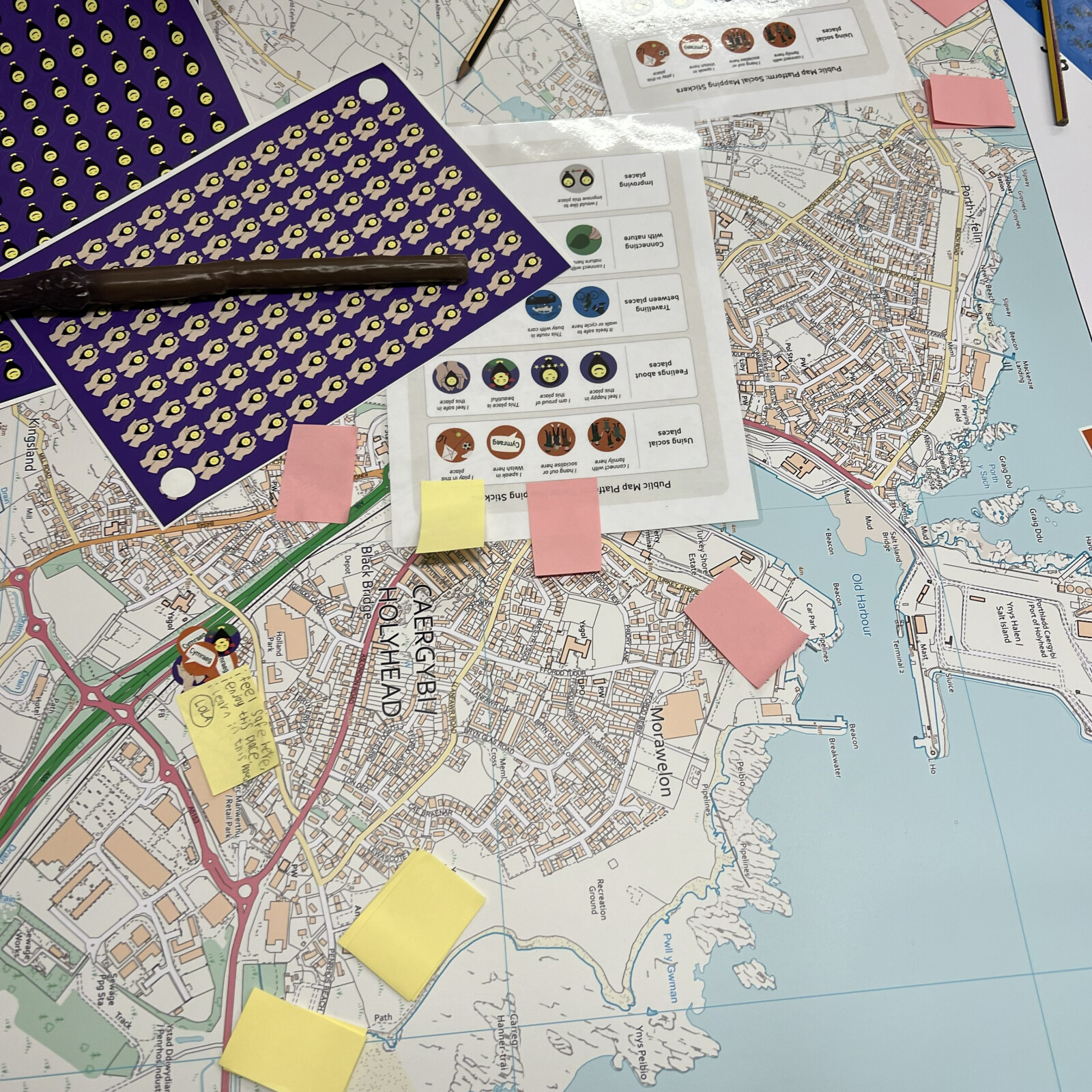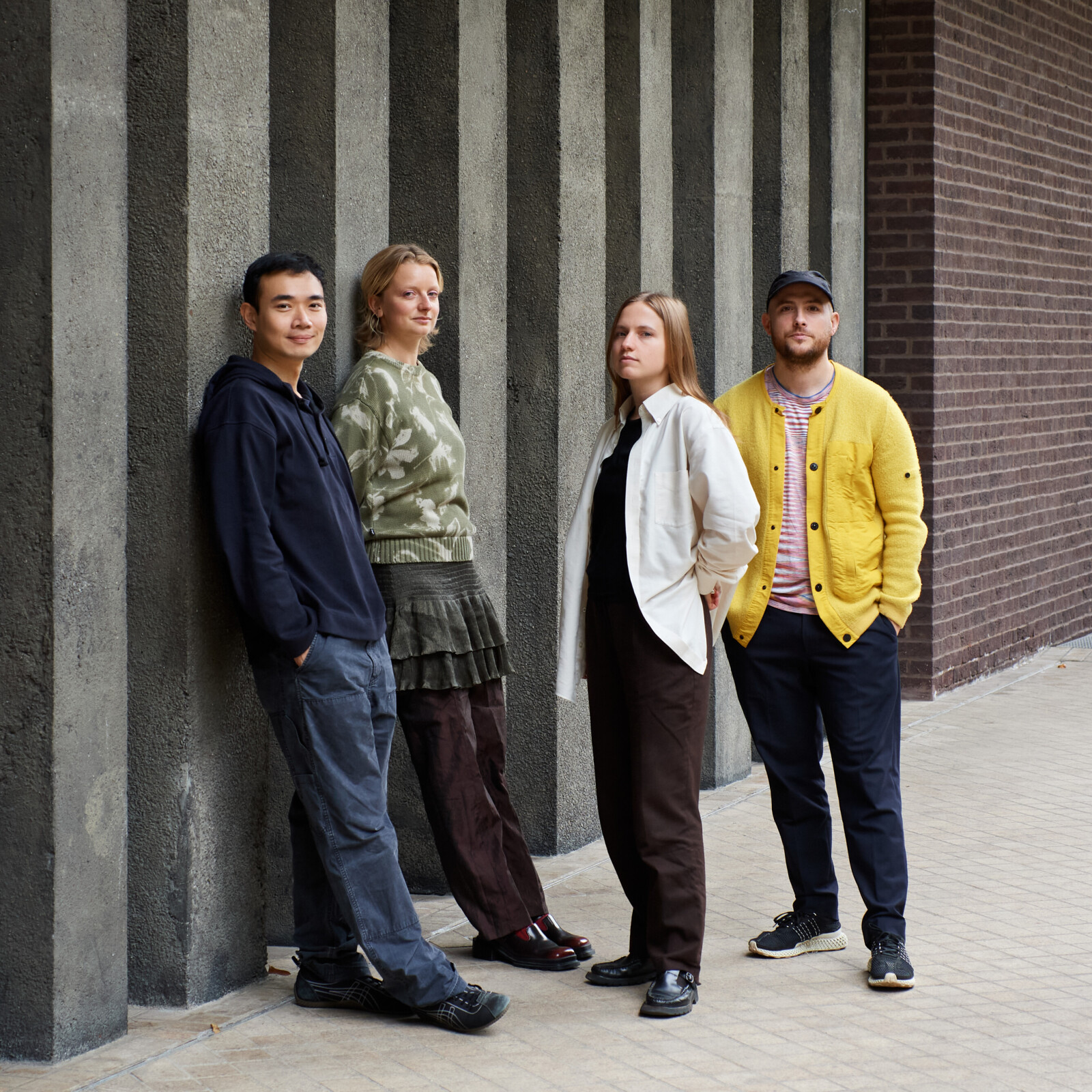Design Accelerators are AHRC-funded design research projects that support engagement between universities and their local communities. Game Changing, a Design Accelerator led by Swansea University, explores the potential of co-designing games for increasing understanding of climate change, biodiversity and the actions needed to reach net zero. Working with game designers, local organisations and communities in west Wales, this project enables post-industrial and rural communities to gamify the green transition in their localities. Our coordinator Leilah Hirson-Comley spoke with the Accelerator Lead, Kirsti Bohata, to learn more.
LHC
I’m a professor in English Literature at Swansea University and my research focusses on anglophone literature within Wales. More recently, I have focused on human and place-based issues associated with climate change. In this research project, I’m joined by a multi-disciplinary team with specialisms in media, history, heritage, modern languages, computer science and psychology. Collectively, we are interested in ‘gamifying net zero’, that is exploring how the co-design of games (paper based and digital) can be used to increase understanding of the complex problems arising from the green transition and empower different groups to identify, prioritise and take actions towards net zero. The process of design is the most important thing here, more so than the game that may be produced. We want the design process to serve as an educational journey and a vehicle for having important conversations around the topic of climate change.
LHC
The climate crisis is complex and games are well suited for tackling complex problems. The design process enables people to interrogate and model different options, think about what values they hold most highly and determine how they can make positive choices and decisions. This makes game design a great tool for problem-solving and communication, particularly for people who may not always feel included in other types of conversations or systems. The inclusivity of this methodology is particularly important in the context of west Wales, where there are some very heated debates around rural change in the context of the climate and biodiversity crises. The pressures include the purchase of land by carbon offsetting companies, the perceived threat to farmers and local food production systems, and the upheaval of rural communities battling a deepening housing crisis. In Welsh-speaking areas these issues also affect a community who speak a minoritised language, so it’s particularly emotive. We need to find a way of having conversations that can overcome some of the present polarisations and barriers, and I am hopeful that codesigning games could be a constructive space to start.
LHC
Swansea University has always been rooted in its community and it has always had academic research projects that have worked in conversation with local groups. People living in the Swansea region are inhabiting areas which were once the cradle of the Industrial Revolution. This project enables us to root our research in that sense of place by imaginatively engaging with the area’s history as well as its future. By connecting with local schools, for example, we are able to work with children who are growing up in areas that contributed to climate change whilst simultaneously facing the challenges arising from it. Through digital and paper-based game design, the children can work through some of these challenges and identify real solutions, such as habitat restoration. In this way, we are able to encourage the communities to identify their own priorities for interventions towards net zero. It’s a very collaborative process.
LHC
One of our primary foci is on the Welsh curriculum, which is a new educational programme currently being rolled out across primary and secondary schools in Wales. Through this research project, we hope to demonstrate that game design (paper and digital) can serve as an educational tool which could be incorporated into the new curriculum. We are also working with alumni from Swansea University on game commercialisation. This creates a clear pathway from undergraduate degree level into the creative industries, through the design of games. We want to strengthen this pathway and the related partnerships so that there is a commercial outlet for more co-created community and academic research. Lastly, we want to work with local and potentially national policy makers to show that co-designing games is a helpful way to facilitate communication between different groups (academic, community and policy). We hope that the research we are undertaking now will provide the foundations for improved conversations between these parties on topics related to climate change.
*This interview has been edited for length and clarity.




